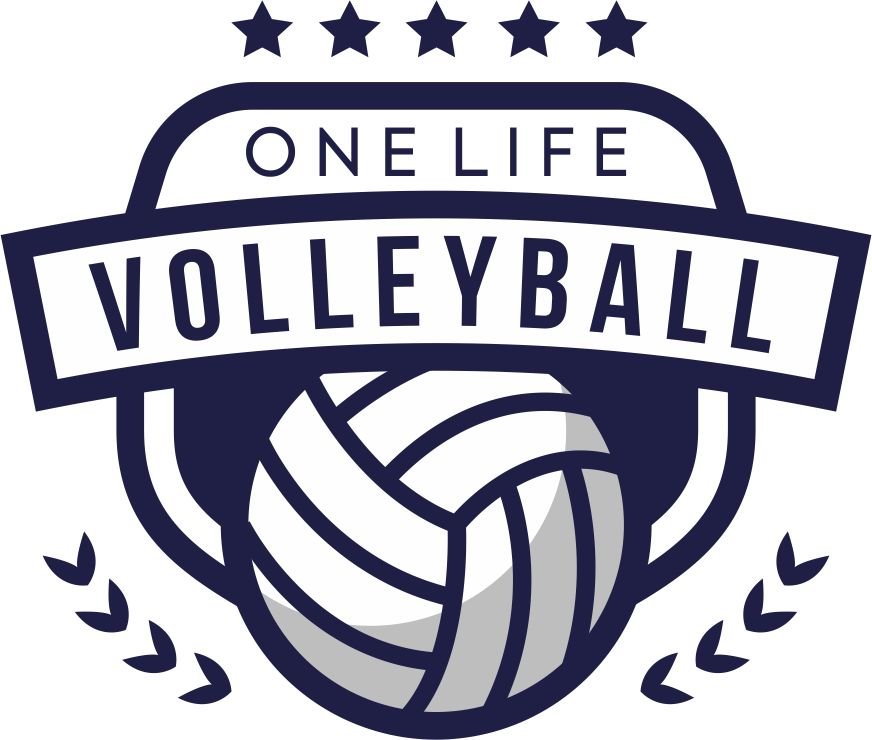Introduction:
Like all volleyball team members, a Defensive specialist (DS) is an important player in turning the game in the team’s favor. A DS plays from the middle back-row position on the court. He uses accurate passing and strong digging skills to save the team from missing serves and getting faults.
Our college volleyball team won a season match against Georgia Tech School with the help of strategic DS moves. As a dig expert, I will share all important aspects of DS, his role, drills, and comparison with a Libero in this article.

What Is A ‘DS’ In Volleyball?
According to section 7.4 in the FIVB’s 2024 Official Volleyball Rulebook, there are 7 main positions in volleyball. You can visit our guide on volleyball positions for more details. Among these, a Defensive Specialist- DS is a position where the player defends the ball without falling it on the court.
A Defensive Specialist is like a substitution or additional support to the Libero if your team has a weaker defense than expected. A DS is a firm line of defense between an attacking ball (spike) and the court surface.
Players in other positions can rotate back and front, on each serve. But, the DS mostly stays in the middle back to defend the ball with the help of his super agile skills, prompt defense, and undivided focus. They save the team from losing points.
What Skills Does A DS Should Have In Volleyball?
- Prompt Response:
A DS should respond quickly to the upcoming spike. His athleticism becomes handy for prompt dives, sprawls, leaps, jumps, floats, etc. These rapid actions save time for your team, confuse the opponent, and help your setters to bring the game on track.
- Proactive Defending:
As A good defensive specialist, you must be able to guess the opponent’s next move, observe his footwork and body alignment, trace the signs for the fake spike, and get your body posture ready to face any kind of hard attack. This proactive defending helps to score more points, boosts confidence, and saves the ball from falling on the ground.
- Stable Mind In a Stressed Situation:
Stability and faith in yourself and your volleyball skills are the most important things for a defensive specialist. You may fail to determine the next moves from the opponent in your initial days of practice. But, always remember that practice makes everything perfect! I took 11 months to master the DS position like a pro. A stress-free and rational mind is key to a successful defense.
DS or Libero? Know the Difference:
I have been playing volleyball for more than a decade now. I have played a Libero as well as a DS. Many people confuse a DS with a Libero. Here’s the basic difference between these two positions from my perspective:
| Defensive specialist | Libero |
| He has the same jersey as all team players | He Has a different jersey than his team players. |
| DS plays in the middle back row | Libero plays in the left back on the row |
| DS can rotate one person in the back row. | Liberos can rotate in both middle positions. |
| DS defends against spikes via digs and passes | He makes the first point of contact from the opponent’s serve. |
Even though a DS and a Libero have different playing tactics, they both can create a powerful defense when set together. If a ‘2-4 formation’ has the DS and Libero placed in the back row and the remaining 4 players in the front row near the net, it can create a strong pair of offense and defense.
The DS and Libero can face all kinds of spikes in back-row defense to save the team from faults. Due to this arrangement, the front-row hitters and setters can deeply focus on the offensive play due to strong defense.
Where Does The DS Stand On The Volleyball Court?
Most of the time, a DS plays from the back-row position. He stands where a libero is not standing. If a libero is in the middle back position, the DS will stand at left-back. Similarly, if a libero is at the left back row, the DS will position at the middle back point.
The position of a defensive specialist depends on the position of the other two teammates in the back row, the competition level, and the player’s age.
High-level and tough competitions like the Olympics, professional leagues, NCAA-approved collegiate matches, etc., may have a 6-player rotation for competitive and strategic play. In such situations, the DS may stand in the front row neat the net after rotations.
However, in school or club volleyball matches of young players (11 to 16 years old), the DS position may or may not be available. Young players are still developing their defense due to their small age. So, the matches are played without a DS normally.
Drills For DS In Volleyball:
If you desire to improve your defense as a DS, you must practice some drills regularly. I used to practice these drills in learning days as a defensive specialist.
1. Diving Drill:
You can bend your knees, stick your forearms together, curl your knuckles on each other with the stronger hand above the weaker hand, and push your body weight forward on your toes to dive while performing a defensive serve.
2. Passing Drill:
Passing the ball is an important drill to master the DS position. This fundamental technique allows you to handle the ball swiftly to the server. It becomes useful for your team’s offensive play.
3. Back Row Hitting:
DS usually stands in the back row in a defensive mode. Being a back-row player, a DS must support the front-row steers and hitters. With this drill, you can adapt to the changes in the setter’s position. You can hit the ball offensively from the back row by yourself.
FAQs:
- How to play ‘DS’ In volleyball?
Being a DS, you can support your team’s hitters and setters with your defensive play. You can stand in the middle back row to defend the ball, and pass the ball to the setter.
- Can a DS hit in volleyball?
A Defensive Specialist is positioned to defend the ball from the back row. A DS can pass the ball to the setter but not hit it to the opponent.
Conclusion:
Being a Defensive Specialist (DS) requires excellent passing, diving, and digging skills. Of course, your athleticism and logical decisions to defend the ball correctly also play a major role during a volleyball match. A volleyball team is incomplete without a DS. It is the defense from the DS that makes the other players feel safe and confident to offend the ball and score more points.


